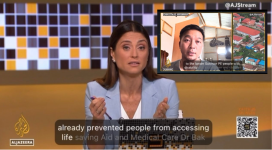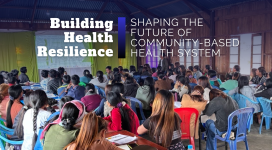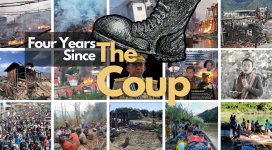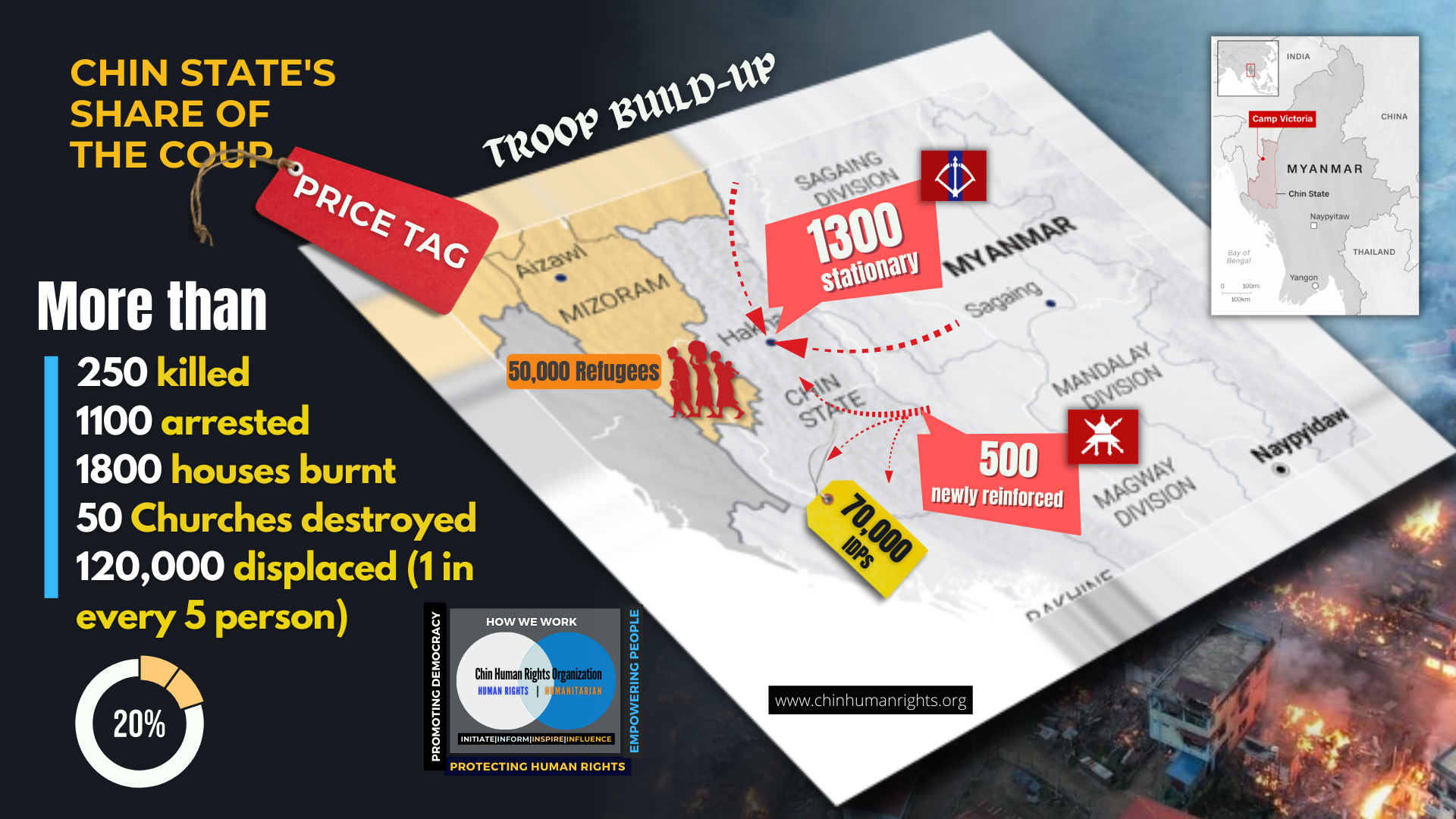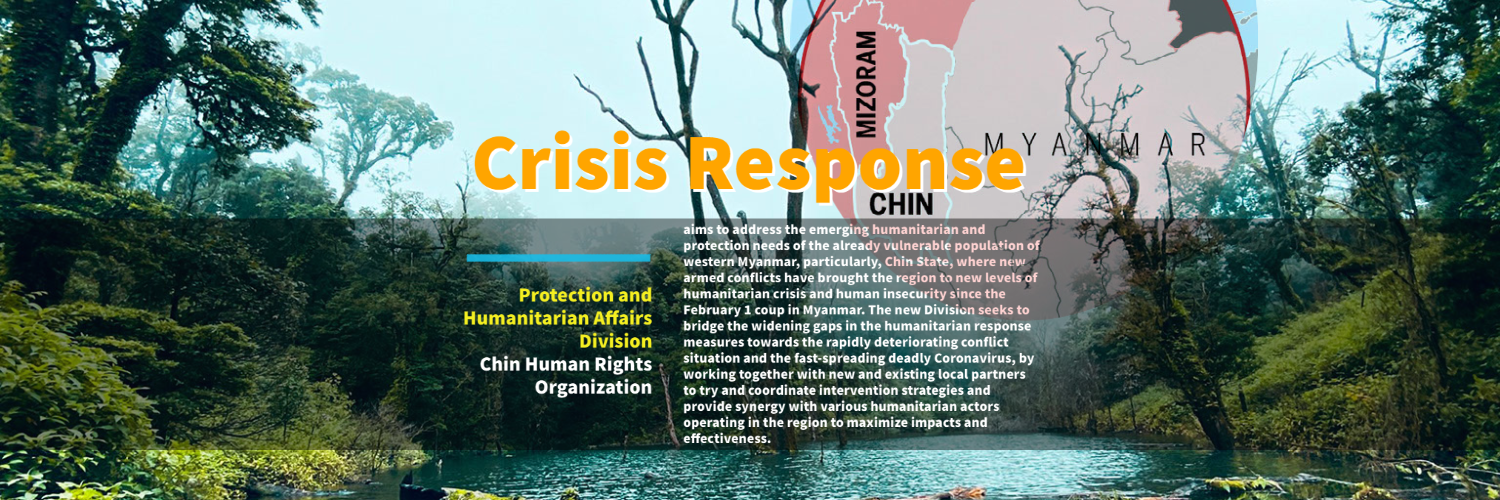
Myanmar’s Polycrisis: A Call for a Humanitarian Reset
What is required now is not another patchwork of relief efforts. We need a humanitarian reset—one that partners with resistance actors and community-based organizations that now govern large parts of the country. This is a historic moment. Across Myanmar, people of all ethnicities, faiths, and regions—including the Bamar majority—have found common ground in resisting dictatorship. Shared suffering has given...

